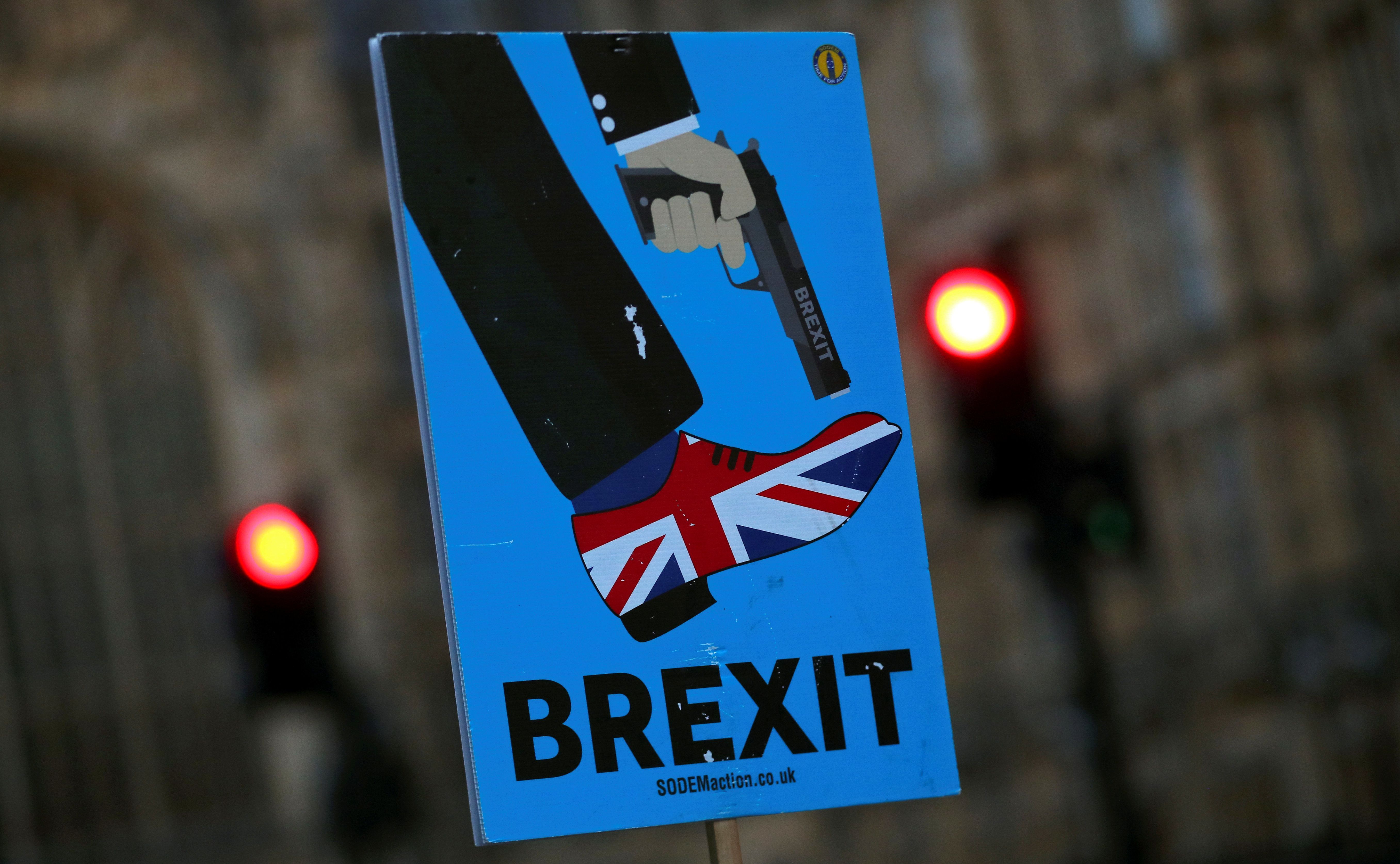Here's your quick breakdown of another baffling week for Brexit.
On Tuesday, lawmakers voted by a large margin (again) to reject Prime Minister Theresa May's Brexit plan, adding yet more uncertainty ahead of Britain's scheduled departure date from the EU in two weeks.
On Wednesday, they voted to avoid an exit from the EU without a deal on the future of Britain's relationship with Europe. (That will be up to EU member states.)
On Thursday, they voted not to take control of the Brexit process from the prime minister. They also voted against a second Brexit referendum, in part because, the Labour Party leadership, which supports a second referendum, instructed its members that the timing isn't yet right. And then they voted to ask Europe for more time to decide what they want.
What comes next? The prime minister, an apparently insatiable glutton for political punishment, says she wants MPs to vote on her plan yet again next week.
Assuming Mrs. May's deal takes a third thumping next week, she'll ask the EU for an extension of the current March 29 Brexit deadline. All 27 remaining EU members must agree to that delay, and they'll want her to explain how she plans to use any extra time they might grant. That won't be an easy question to answer.
Various versions of soft Brexit, a hard Brexit, a second Brexit referendum, and early general elections all remain possibilities.
The bottom line: Britain's lawmakers agreed this week that they can't agree on anything—and that more time is needed to untie the tight political knot now strangling British politics.
